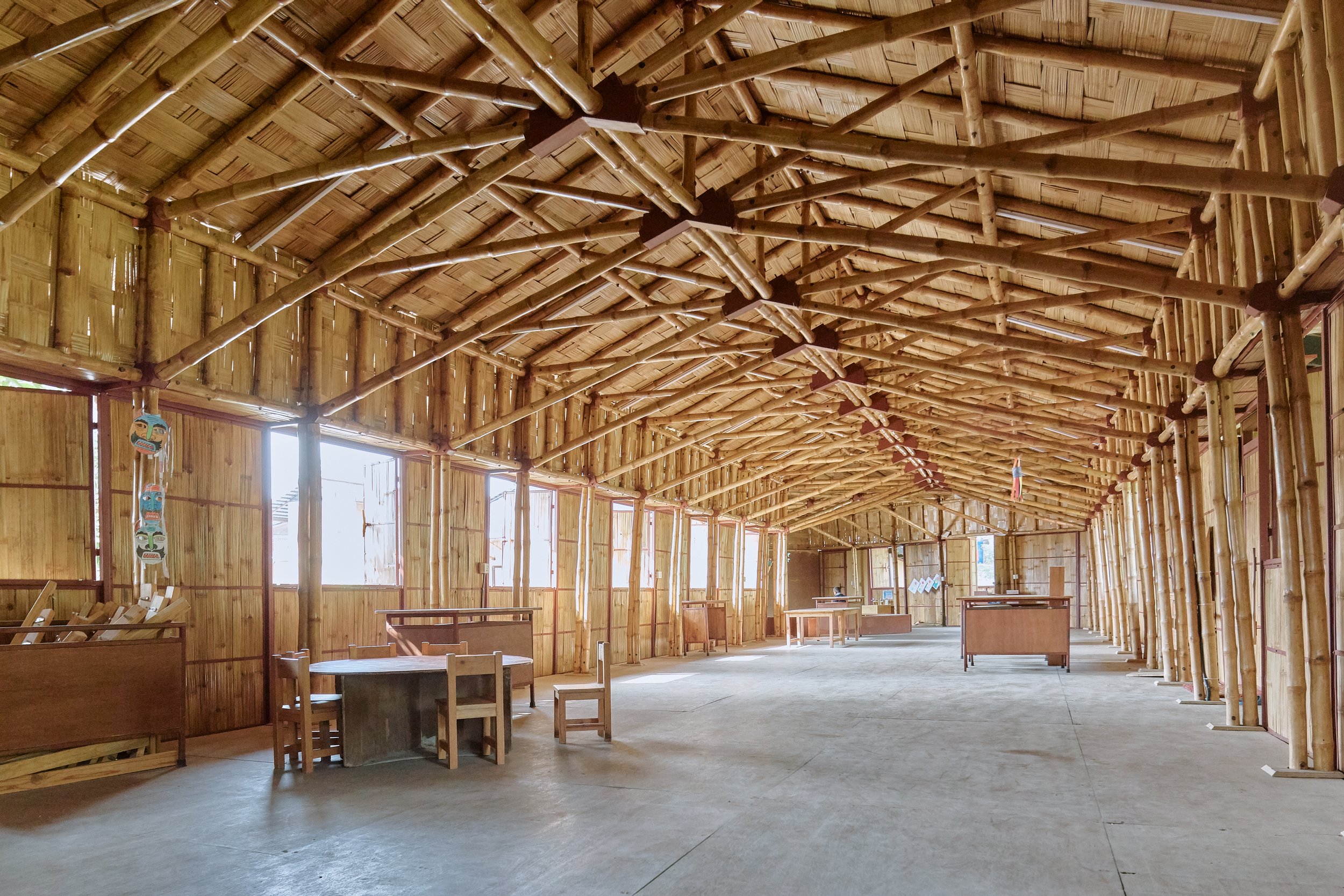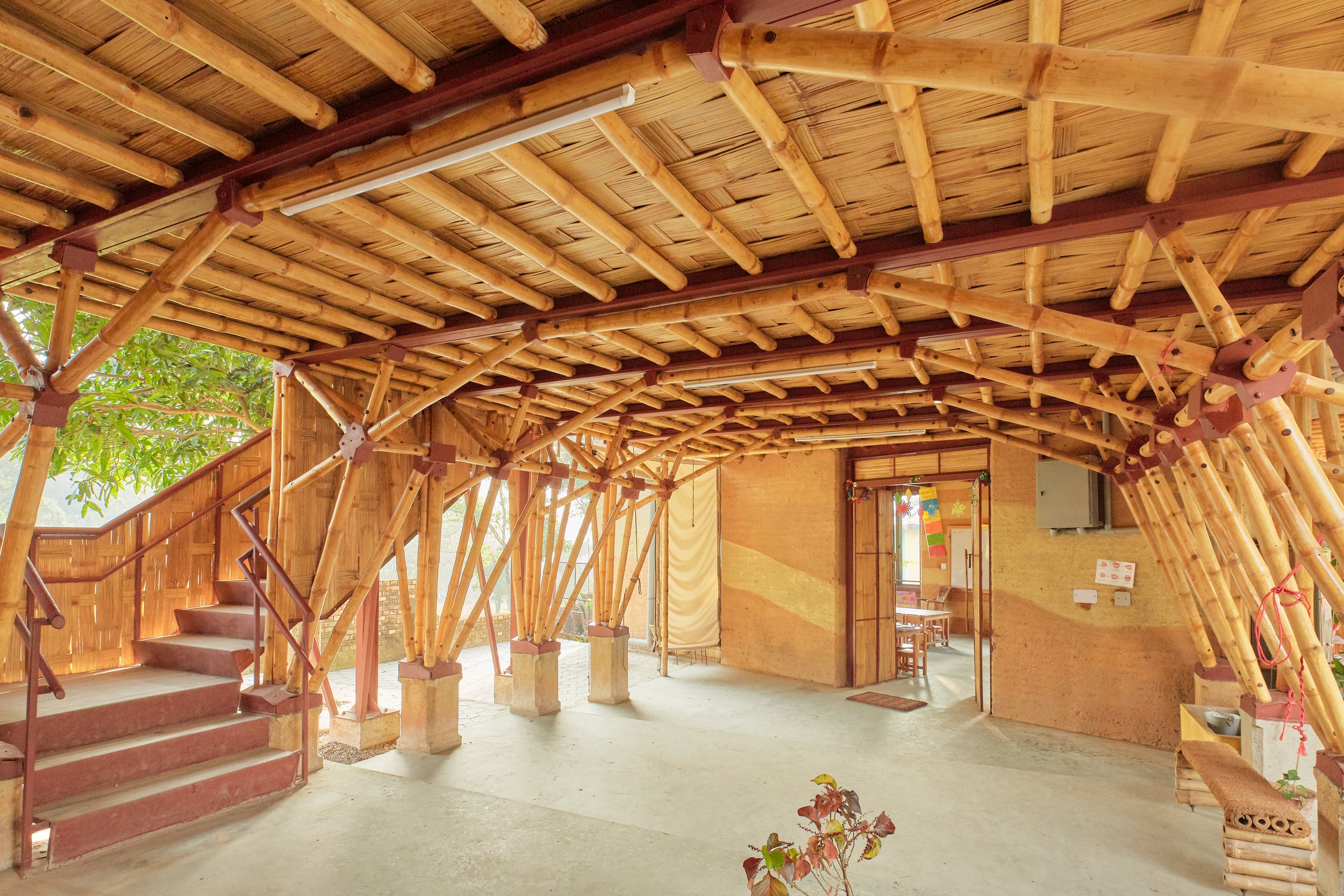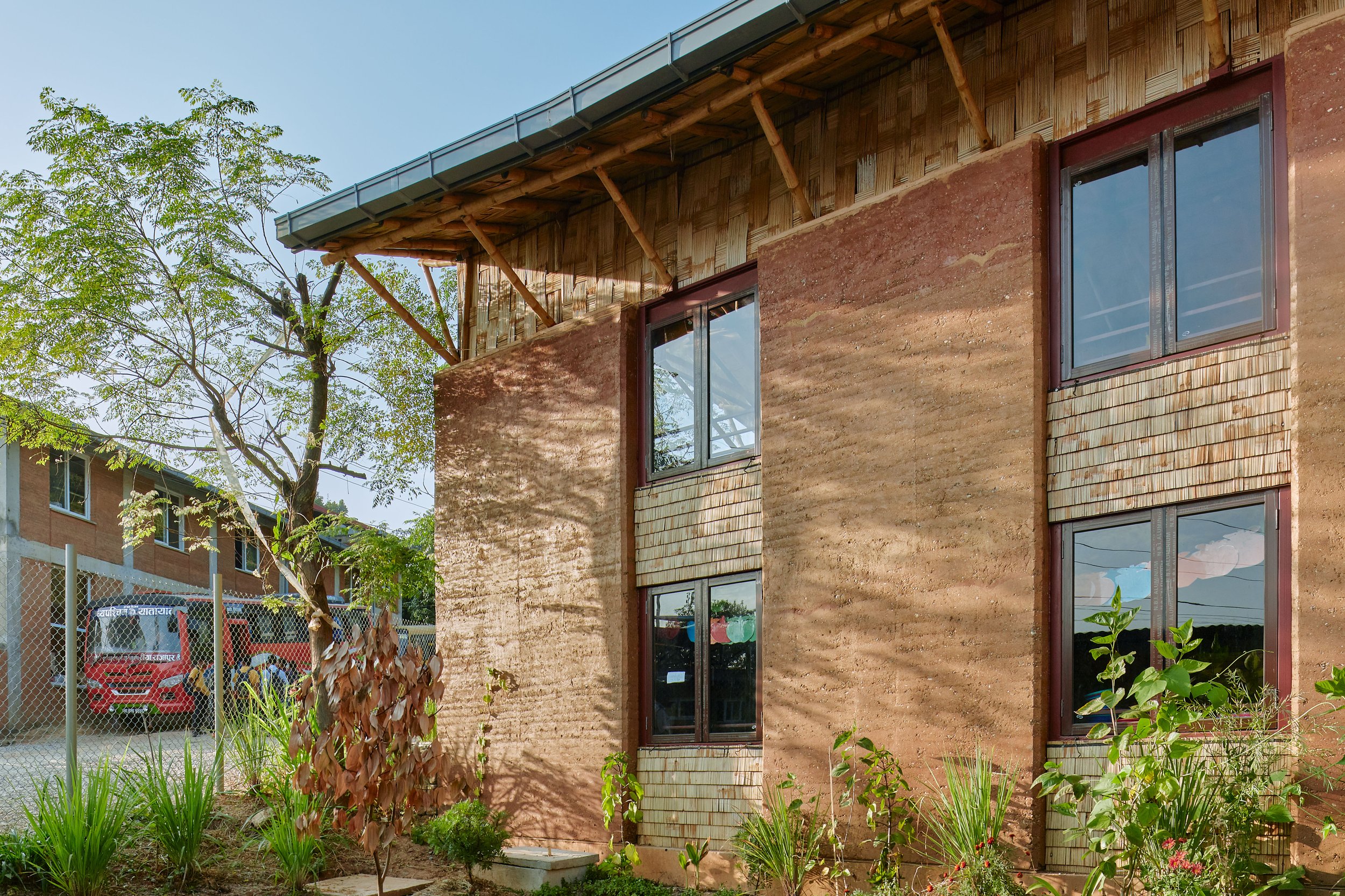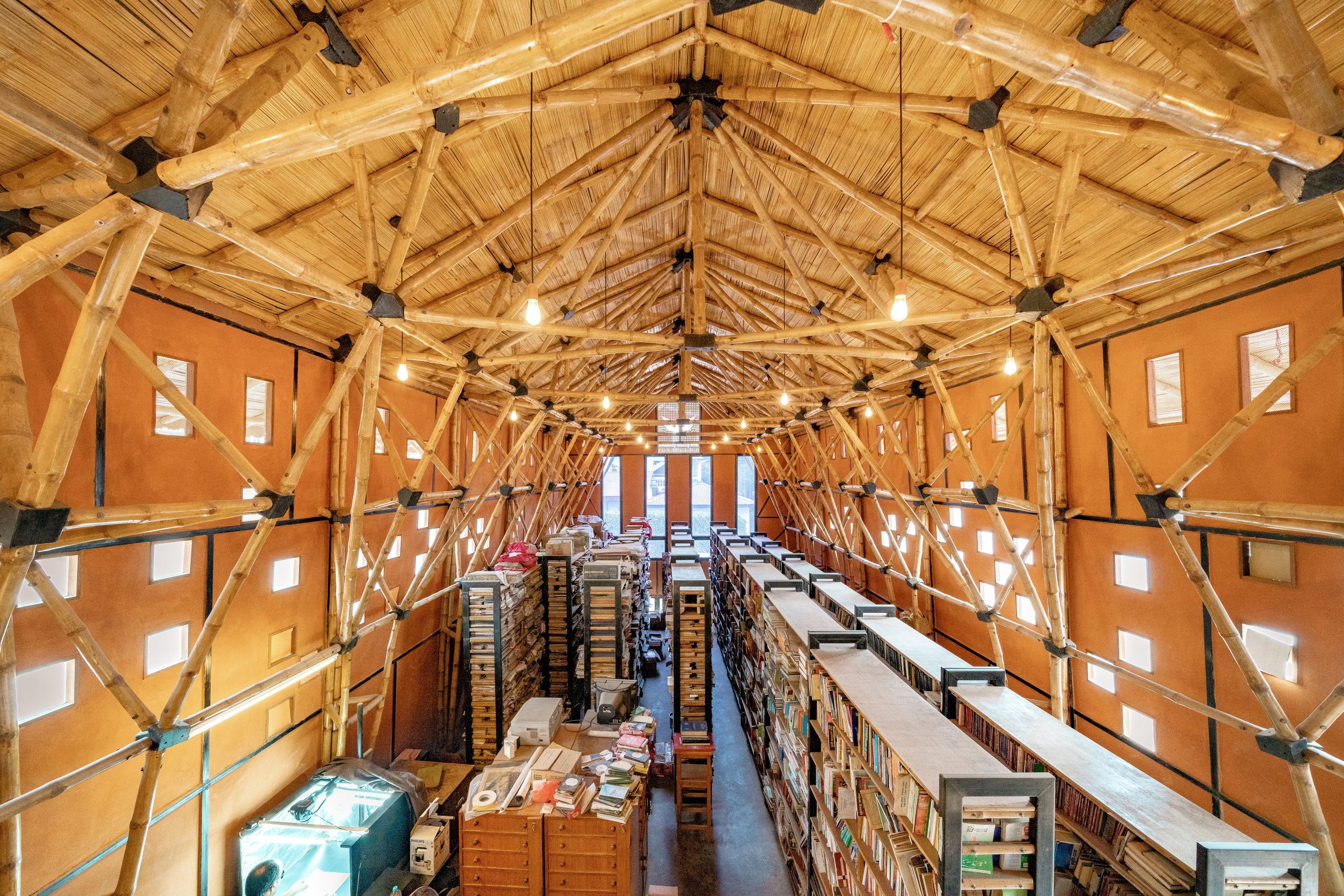Rizvi Hassan + Nripal Adhikary
Rizvi Hassan | Bangladesh
Since the beginning of its practice, Dhaka-based firm Rizvi Hassan has been exploring various roles that they, as designers, can play in unconventional crossover fields. In Bangladesh, they have worked in the areas of Jhenaidah, Cox’s Bazar, Ukhiya, and Teknaf for various local communities as well as Rohingya refugees. They see architecture as a tool that connects people, strengthens mental health, foregrounds culture, addresses conflict and peace, enriches the ground, and provides for the fundamental needs that enable a better quality of life. They constantly try to reflect on the construction process and the final built space.
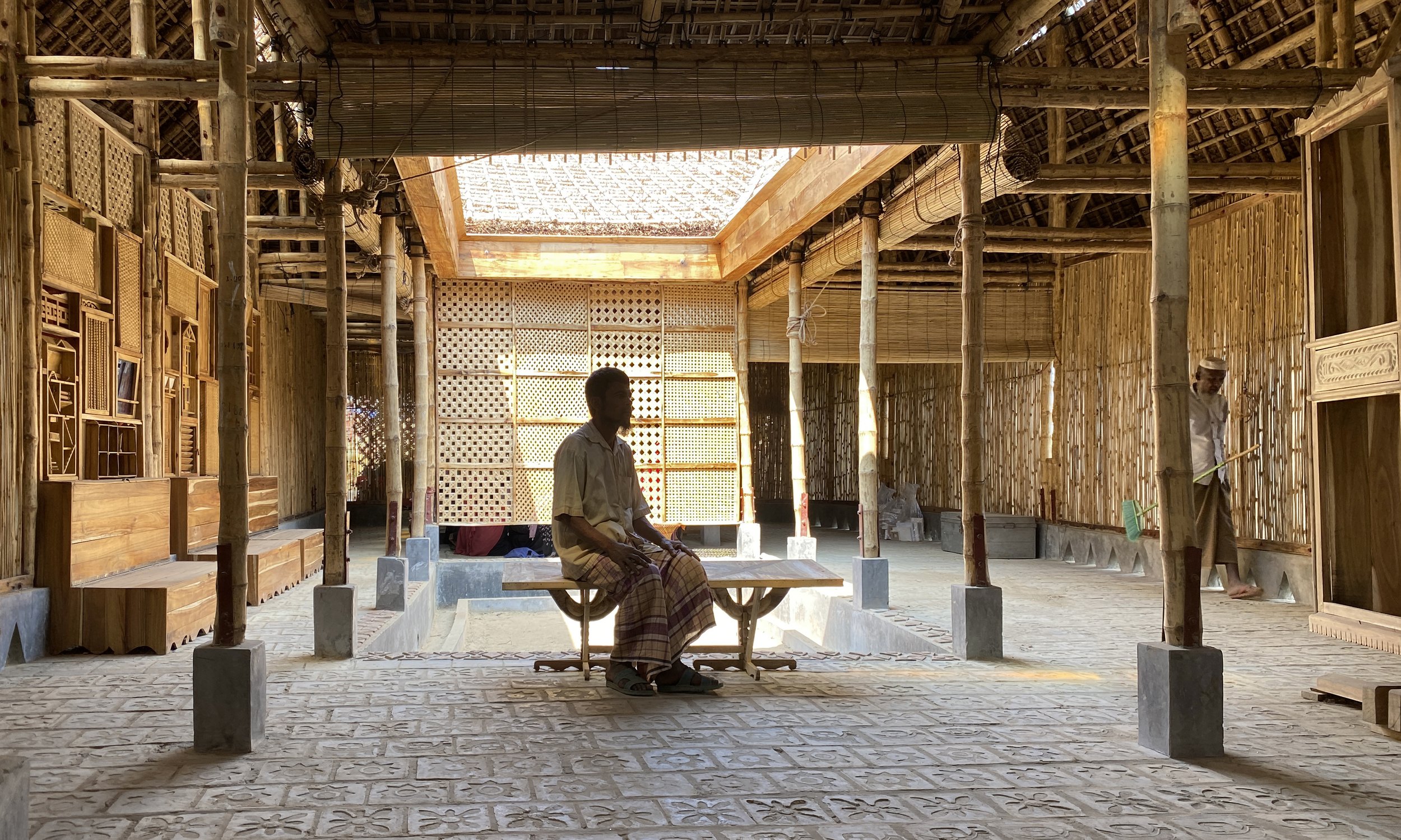
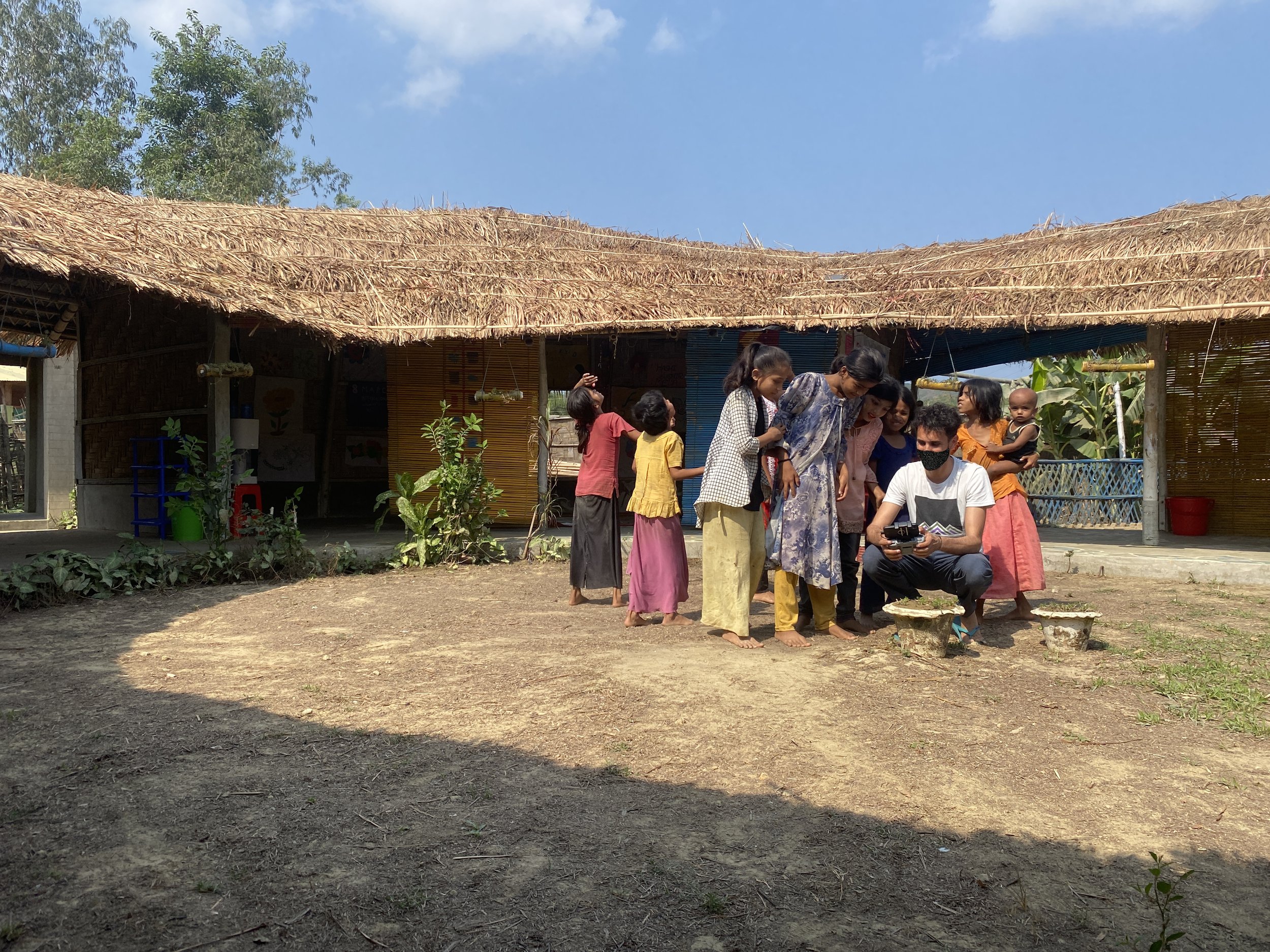

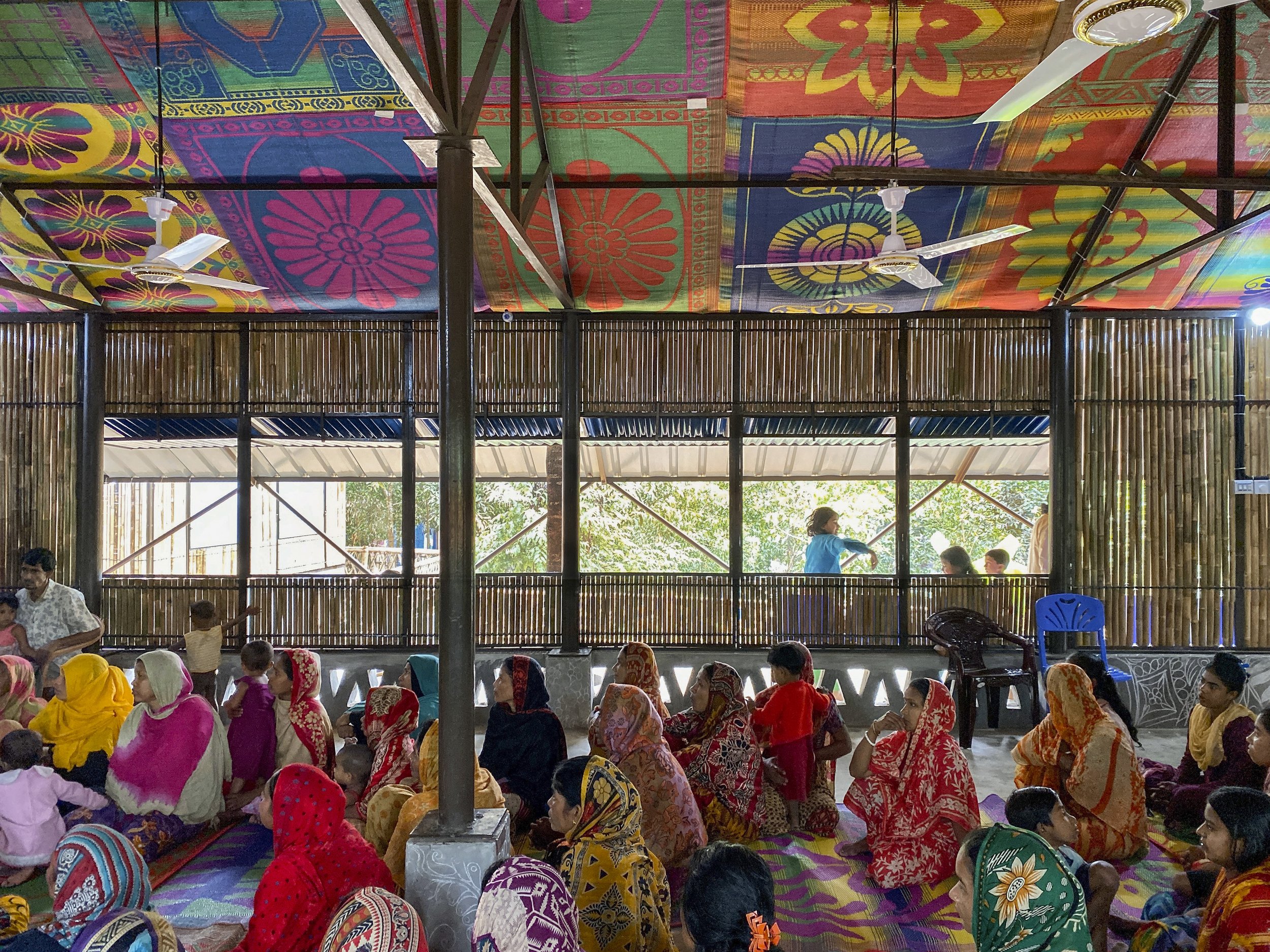
Nripal Adhikary | Nepal
Founded in 2006, ABARI, led by architects Nripal Adhikary, Asmita Sigdel, and Pranathi, challenges the bias towards modern materials in Nepal's architecture. Initially focusing on government schools, their belief in vernacular techniques strengthened after earthquake-proof projects in 2015. Notable achievements include Kathmandu's first public library and rebuilding schools with local materials. ABARI promotes open-source designs and is currently working on a pioneering 50-feet-tall bamboo Buddhist monastery. Beyond architecture, they're establishing an ecological system by planting bamboo trees along riverbanks, fostering regeneration for the community. Bamboo can be used to make houses, furniture, and even bicycles creating a regenerative model with much to gain for all stakeholders.
